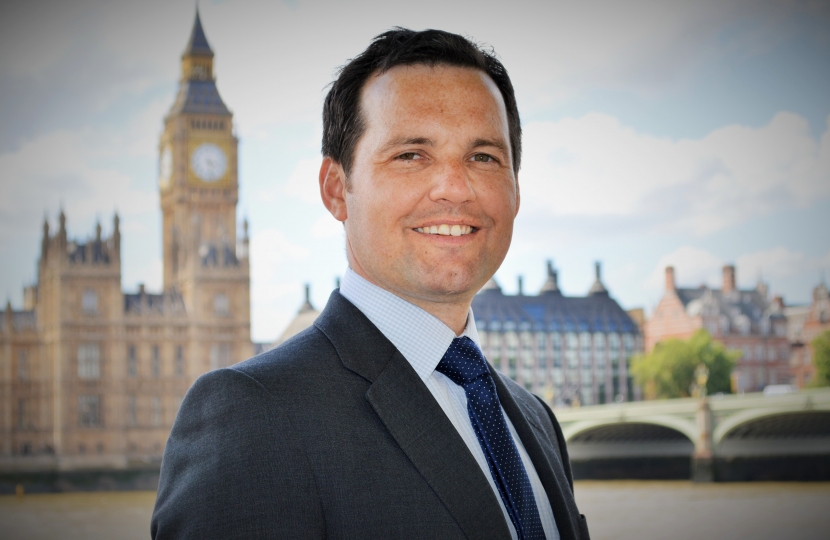
Boris is back in 10 Downing Street and is resuming his leadership to take us through these difficult times that the coronavirus has caused and he will lead us through it and into better times.
Contrary to one loony left-wing conspiracy theorist, who tried to do a Freedom of Information request on the Prime Minister’s medical records, Boris Johnson really was in a life-threatening condition and was saved by the doctors and nurses in hospital.
I would have thought that the NHS would have enough to do without having to fend off FOIs from the daft fringe of British political life.
The government’s plan in tackling the Covid-19 threat is working. It was to flatten the curve, protect the NHS and to save lives.
The curve is now on a clear downward trajectory, the NHS has significant spare capacity to treat patients and to save lives.
In fact, the Birmingham Nightingale hospital has not yet received any patients even though it has an initial capacity for 500 and the option of expanding to care for 4,000 people.
Manchester’s Nightingale hospital has had very few patients in its 750 capacity facility.
Since these new hospitals are designed to take the strain from established NHS hospitals, it demonstrates how well the system is handing the local fallout of this global pandemic.
This can only be seen as good news as we would hardly wish these new hospitals to be running at full capacity.
It also demonstrates the effectiveness of the overall coronavirus plan and the teams working in our hospitals whether it is on the care giving side, the support staff or the management.
When thinking of the effectiveness of what the whole of the team is doing to deal with Covid-19, we must also reflect on the cost to our society. Some people would assert that I or the government only consider the financial costs but, for me and for the government, the concern is much wider.
Of course, I want people to have a good and secure job to go back to and want businesses of all shapes and sizes to recover because this ultimately means that we have a stronger and better economy that then pays for our vital services.
There are suggestions that schools may start up again in September or perhaps even later, but we have to consider the impact that this is having on children’s education by being away from school for six months.
Next year, we will have the next round of GCSE’s and A-levels and we want children to have the best education as these qualifications will help determine their futures.
Attendance at A&Es has fallen significantly as has referrals for cancer treatment. Many people do not appreciate that many of the normal NHS services are still available.
They may be worried about putting pressure on the system or perhaps of picking up the coronavirus in the doctor’s surgery.
Routine vaccinations are normally administered to children via the education system, but this disruption may cause a significant delay in this essential procedure and actually put people at risk.
Britain is leading the way in researching for a vaccination for Covid-19, in collaboration with countries around the world and we have just begun clinical trials in Oxford, though not everyone is as pleased as we should expect.
A left-wing academic published an article saying, “If my university is the first to develop the vaccine, I’m worried that it will be used as it has been in the past, to fulfil its political, patriotic function as proof of British excellence.”
We could be delighted of our ability to find cures for disease or we could, like some, frame it through the prism of Empire and national shame.
Personally, I am proud of our researchers and Britain’s contribution to the world.
Looking at the success we are having at controlling the coronavirus and weighing up the costs to each and every one of us, we now need our political leaders to start explaining their plan for how we return to normality and seeing the grandchildren, having a pint in a pub, singing in the choir, watching the match or even getting married and buying a house.


